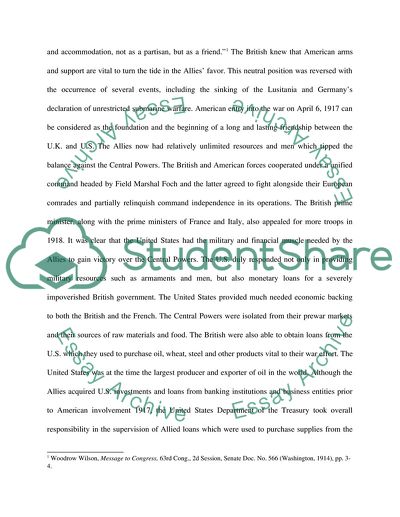Cite this document
(Anglo-American Relations in the 20th Century Coursework, n.d.)
Anglo-American Relations in the 20th Century Coursework. Retrieved from https://studentshare.org/politics/1536688-analyse-anglo-american-relations-from-1917-to-1941
Anglo-American Relations in the 20th Century Coursework. Retrieved from https://studentshare.org/politics/1536688-analyse-anglo-american-relations-from-1917-to-1941
(Anglo-American Relations in the 20th Century Coursework)
Anglo-American Relations in the 20th Century Coursework. https://studentshare.org/politics/1536688-analyse-anglo-american-relations-from-1917-to-1941.
Anglo-American Relations in the 20th Century Coursework. https://studentshare.org/politics/1536688-analyse-anglo-american-relations-from-1917-to-1941.
“Anglo-American Relations in the 20th Century Coursework”. https://studentshare.org/politics/1536688-analyse-anglo-american-relations-from-1917-to-1941.


